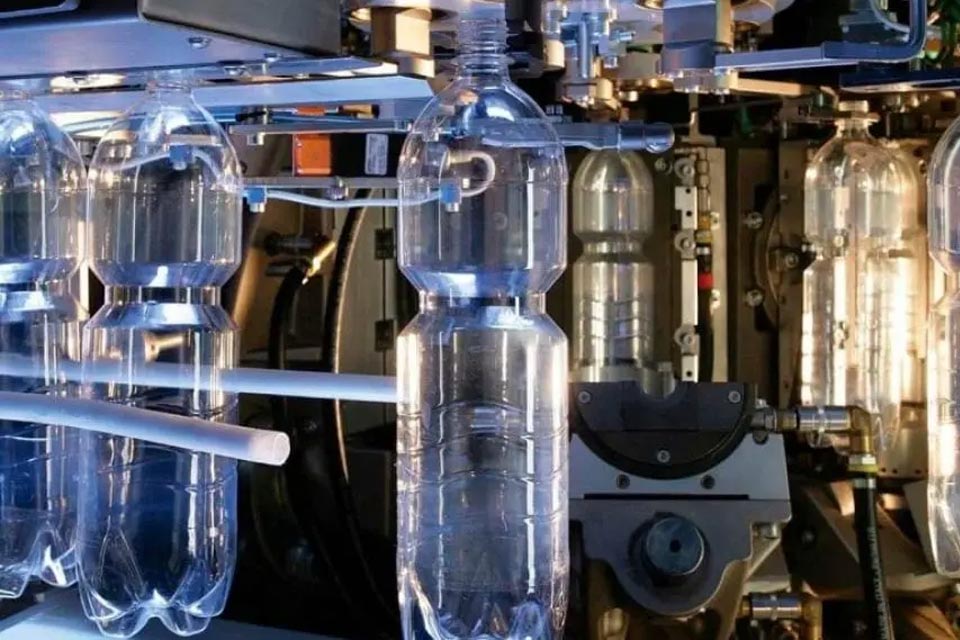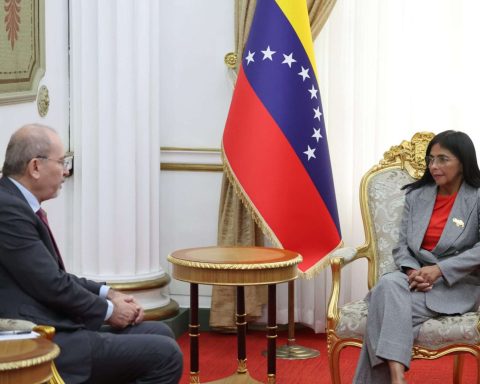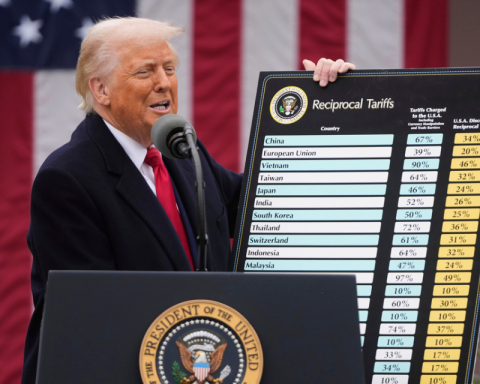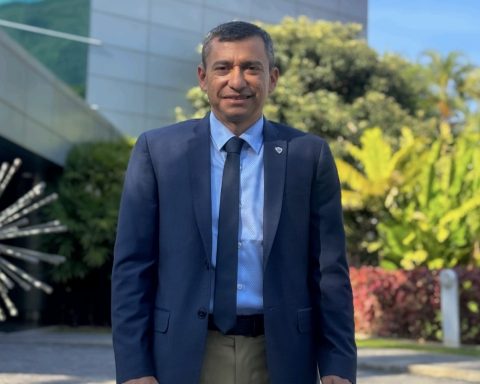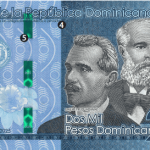A study by the United Nations University showed that the consumption of bottled water increased, a business that is not always the healthiest option –or ecological– and that half of what is invested in these would serve to give universal access to the resource natural. In Venezuela this is an offer given the scarcity and quality of what arrives through pipelines, when it arrives
Over the past decade, global sales of bottled water increased by 73%, to almost 350,000 million liters. The “uncontrolled extraction of groundwater for bottling” could eventually lead to depletion or scarcity of groundwater, says a report from the Water Institute, Environment and Health from the United Nations University, in Hamilton, Canada; Posted this Thursday, March 16.
The study also points out that half of the money spent worldwide on the purchase of bottled water – whose sales have skyrocketed in recent decades – would be enough to guarantee universal access to drinking water; and would effectively reduce plastic pollution: about 600 billion plastic bottles are produced every year, which represents approximately 25 million tons of plastic waste and 85% of it ends up in landfills
Perception of bottled water
“The perception is that bottled water is the healthier option,” he told the AFP the study’s lead author, Zeineb Bouhlel.
“But we have shown that this is not necessarily so, and people are paying much more for bottled water, 150 to 1,000 times more than for a liter of tap water,” he said.
According to the study, contaminants have been found in hundreds of brands of bottled water in more than 40 countries, often exceeding local or global standards.
In the northern hemisphere, consumers tend to buy bottled water due to its portability and the perception that it is healthier and tastier than tap water, while in the southern hemisphere sales are generally driven by a lack of public supplies reliable water.
The latter is the Venezuelan casewhere the water that arrives by pipe – when it arrives – is “out of the norm”, denounced the former vice president of Hidrocapital, José Noberto Bausson, on March 8.
The expert in public services, who was vice president of Operation and Maintenance of hydrocapital, assured that the quality of the water that is being delivered through Venezuelan pipes is “unfortunate”. There are legal parameters for the delivery of water to the public, however, in Venezuela these standards are not being met.
According to the NGO Water Without Borders, 90% of the Venezuelan population is affected by deficiencies in access to drinking water. 19.1 million people report severe interruptions in the service supply and 75.9% of the population must resort to alternative sources to supply themselves with water.
*Read also: Purifying water is easier than it seems, here we tell you how to do it
“Uncontrolled extraction”
The report also warns about the lack of regulation governing the bottled water industry, highlighting the inability of governments to keep up with the runaway expansion of this sector.
This has brought risks such as the “uncontrolled extraction of groundwater for bottling,” which could eventually lead to groundwater depletion or scarcity, it says.
Vladimir Smakhtin, co-author of the study, warned that 2 billion people still do not have access to quality drinking water.
The situation is worst in sub-Saharan Africa and, globally, is exacerbated by the continued expansion of bottled water markets, which he said diverts attention and resources from developing public water systems.
However, some progress has been made, the study argues. In 2020, 74% of the world’s population had access to safe drinking water, compared to 62% 20 years earlier.
But “we are a long way off” from meeting the UN goal of making drinking water universally available by 2030Smakhtin said, adding that “the current trend is not sustainable.”
“We must try to invest more in public water supplies to provide people with stable and reliable water instead of bottled water,” he said.
With information from AFP and swissinfo
Post Views: 669
